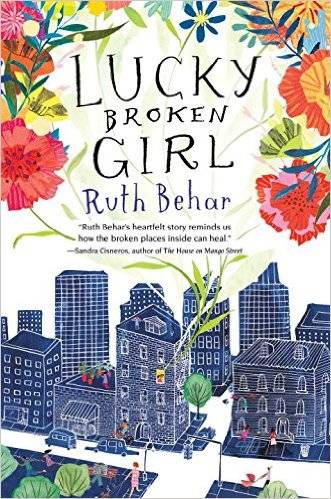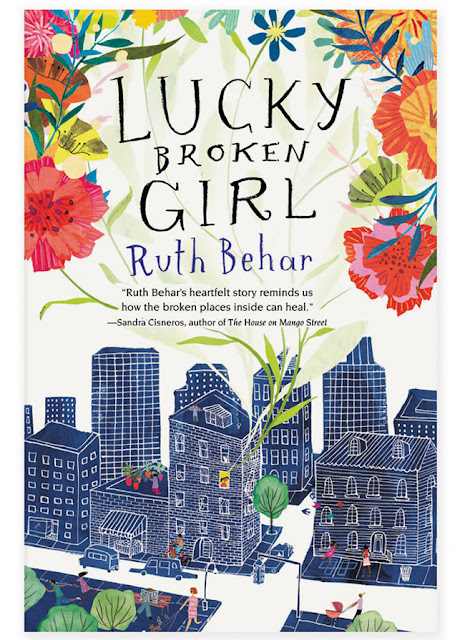
Ruthie, while she's laid up in bed for all of these months, writes letters and prays to God, the God that she knows through her Jewish tradition, but also Shiva, and then her Mexican neighbor Chicho introduces her to the artist Frida Kahlo, the great Mexican artist. And I remember seeing math problems placed on the board, and knowing the answer but not knowing how to say it in English, and how awful that felt. That was the class that the foreign kids were in.

I mean, of course that's not what it was called, but kids called it that. And I remember knowing that I was in the dumb class.

I mean, there weren't ESL classes - English as a Second Language classes, you know, in the mid-'60s. WLRN: I want to look at this idea of being thought of as not smart because you don't know English.īEHAR: I remember that very distinctly, arriving and just being placed in a regular classroom, and you just had to sink or swim. Listen to our conversation about the book here, and read some excerpts below: The book also taps into the experience of being Cuban and Jewish, growing up among other immigrants from India, Belgium, Russia, Turkey, Mexico and beyond, and losing your country.

Her story of that year became her first novel, a novel for children, "Lucky Broken Girl" (Nancy Paulsen Books/Penguin Young Readers Group). Eventually though, she figured out it should be written from the perspective of that little girl, confined to a bed, with no idea when she'd be able to get up or if she'd walk again (Behar says she never did run again).īehar is an anthropologist and professor at the University of Michigan and has written a lot about Cuba and the Cuban diaspora, including for her project with poet Richard Blanco, Bridges to/from Cuba. She tried, at points, to tell the story of that time as an adult looking back, to make sense of the trauma from that accident and the year that followed - the panic attacks she's had, why she still doesn't like to drive on highways. She was nine years old, and spent her 10th birthday in that cast.

A few years after Ruth Behar and her family arrived in Queens, New York from Cuba in the early 1960's shortly after Fidel Castro took power, they were in an awful car accident that killed five teenage boys and left her in a full-body cast for most of the next year.


 0 kommentar(er)
0 kommentar(er)
